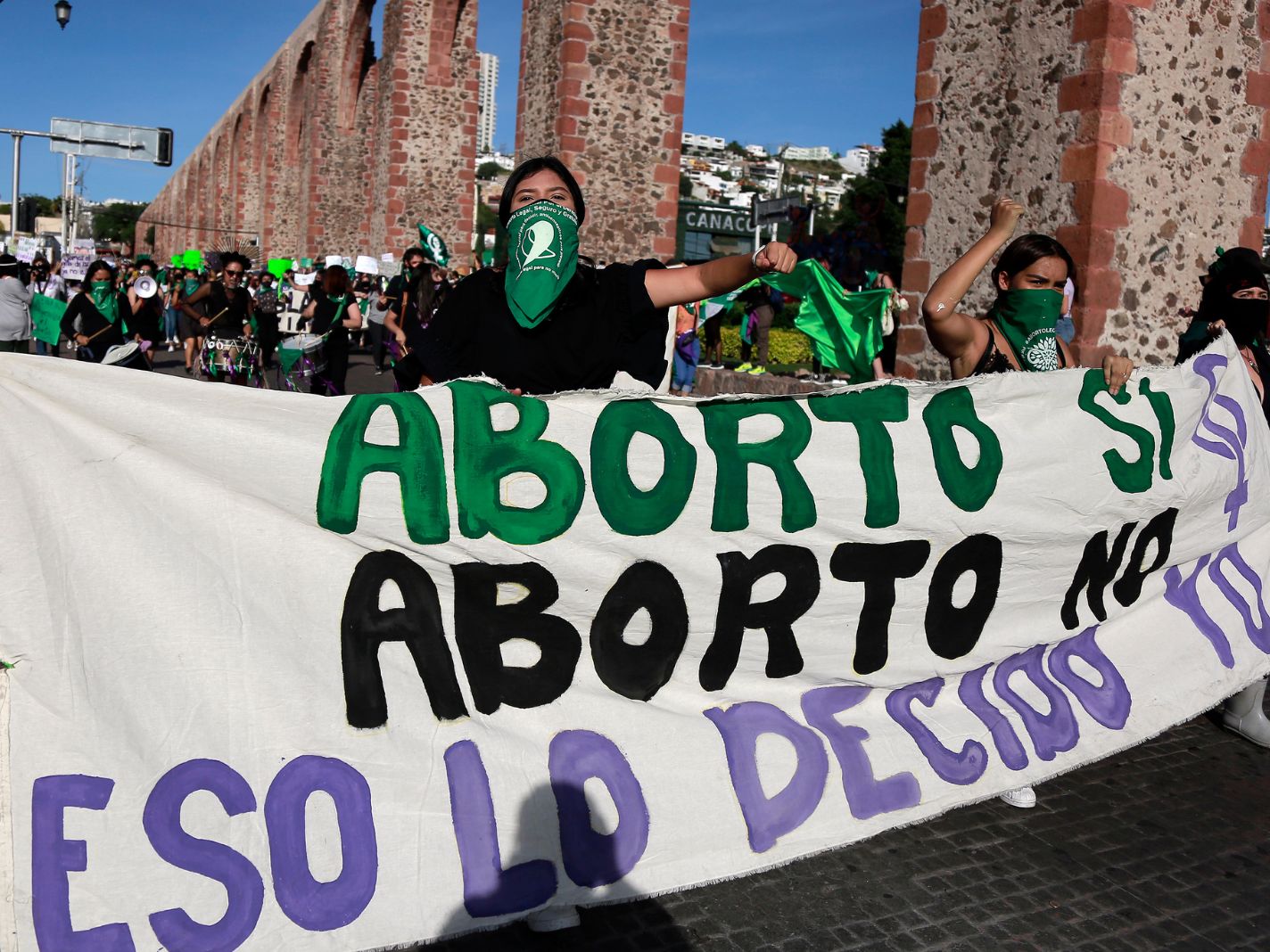In a landmark decision that will shape the lives of not just countless women, but the country itself, the Supreme Court in Mexico has decriminalized abortion nationwide. The ruling is part of a trend of widening abortion access in Latin America, one that is often referred to as the “green wave” or “green tide” in reference to the green bandanas carried by activists protesting for expanded abortion rights.
The decision states that national laws that criminalize abortion are not just unconstitutional, but also violate women’s rights. Abortion will now be removed from the federal penal code and federal health institutions will be required to offer abortions to anyone who requests them.
At least 20 Mexican states still criminalize abortion. Those states will be required to abide by the Supreme Court’s decision. But the work to make the procedure available to every woman in Mexico isn’t done. Penalties need to be removed state by state and the framework for women to easily access the procedure still needs to be put in place in many of those more conservative states. But now, activists have the law on their side.
Almost as importantly, as Sen. Olga Sánchez Cordero, a former Supreme Court justice pointed out, this means that anyone who has been convicted for having an abortion must be released.
The news in Mexico comes as many states in the United States continue to restrict abortion, with proponents of these laws often citing religion as their driving force. Mexico, however, a country that is overwhelmingly Catholic continues the Latin American trend of separating Church from State, at least when it comes to abortion rights.
Latin America still isn’t quite there, with countries like Honduras and Nicaragua restricting abortion in all cases, but it is undeniable that the region is at least moving forward when it comes to abortion care. The United States cannot say the same.
